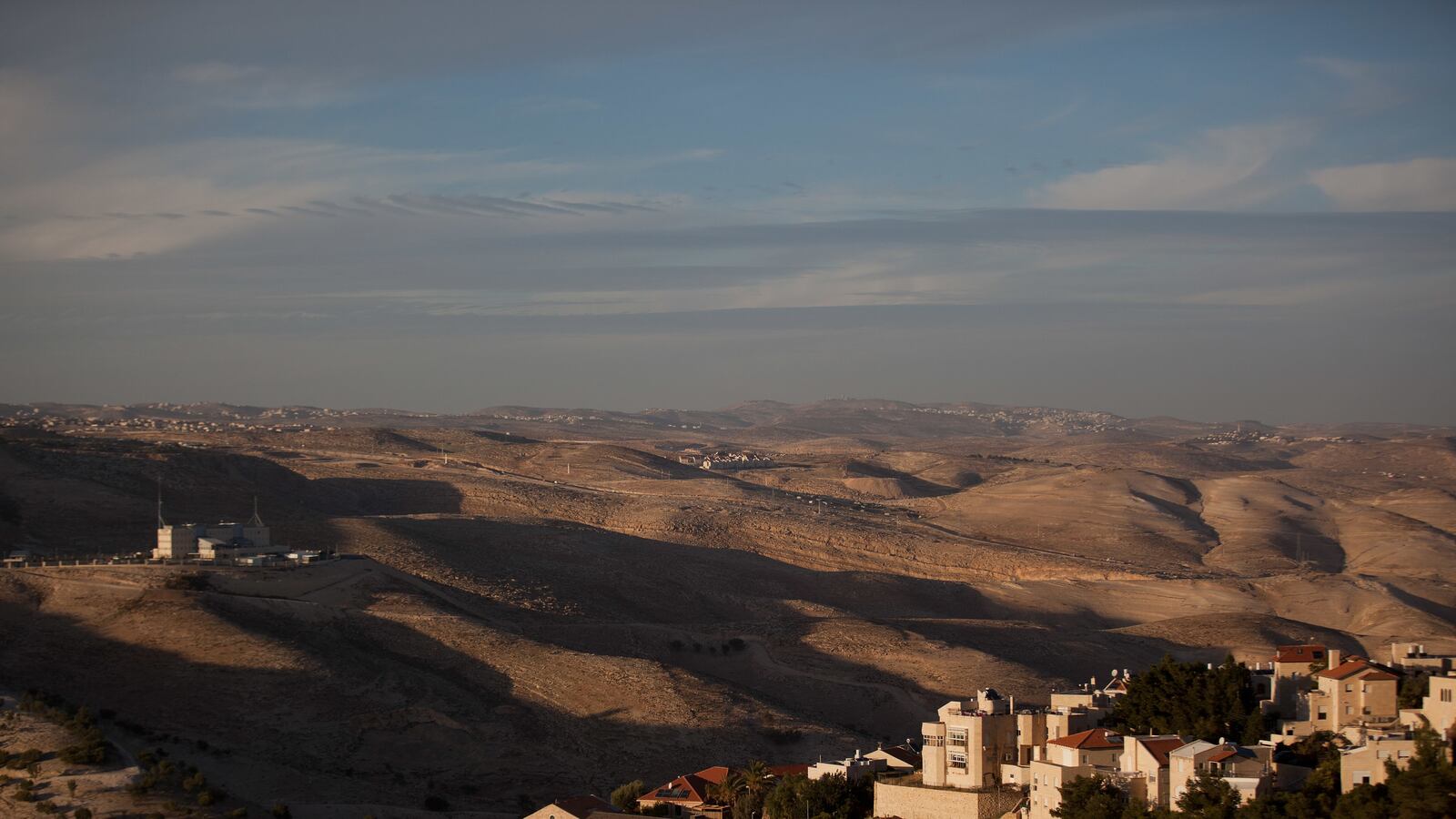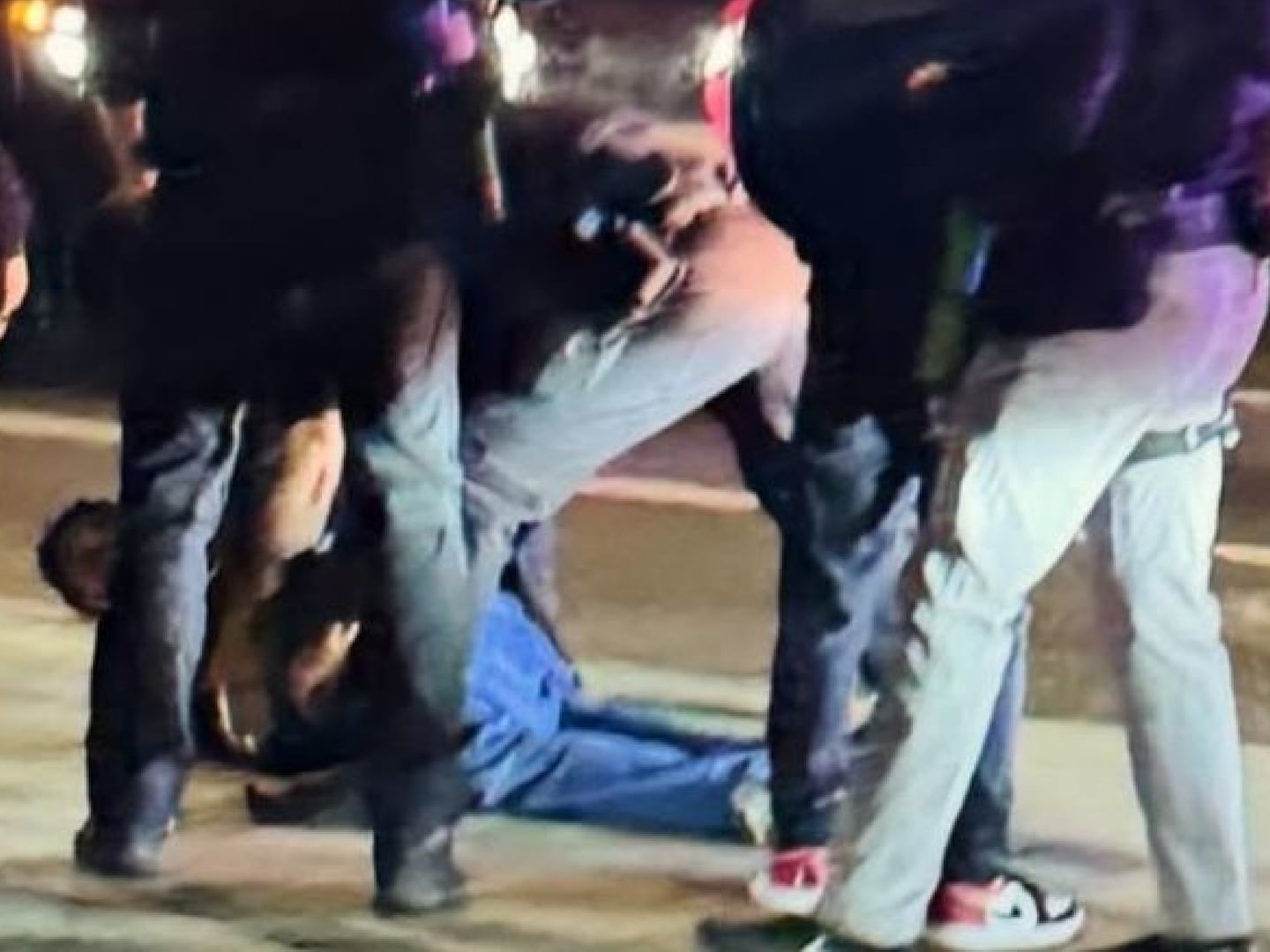Residents of the new West Bank outpost of Bab Alshams (Gate of the Sun) had been in their tents less than 48 hours before they were evicted by Israeli police before dawn on Sunday, but their brief sojourn on the outskirts of Jerusalem may yet prove to be a significant turning point in the Palestinian struggle for independence.
That’s because this new outpost wasn’t established by the settler “hilltop youth.” It was a Palestinian project, the inspired fruit of a bold steal from the Zionist playbook.

It’s more than ten years since I asked West Bank Fatah leader Marwan Barghouti why he didn’t simply organize clever, peaceful protests against Israeli occupation instead of boasting about guns and bombs all the time. Barghouti says his strategy remains peace through a two state solution but tactically he stuck to his guns, and has spent the past ten years in an Israeli jail on five counts of murder arising from his leading role in the second intifada.Fatah and its allies are looking for a new identity to grab back the initiative from Hamas as they compete for international impact and domestic leadership. It looks like they have found it.
Despite all the talk of a third intifada, Palestinians are using new peaceful tactics that combine the “facts on the ground” symbolism of the Israeli settlers and the Twitter-generation savvy of the Occupy movement.
A new generation of Fatah activists, weary of bloodshed, have embraced non-violent protest. One prominent figure in this new wave is Mohammed al-Khatib, who has coordinated weekly protests against the construction of the Israeli security wall in the West Bank village of Bilin.
Those protests have drawn attention over the years, but they have failed to inspire the mass participation of Palestinians and international interest has dwindled.
So when Al-Khatib led last week’s lightning establishment of Bab Alshams—a huddle of tents on part of the area known as E1 between Jerusalem and Maale Adumim—it marked a dramatic new twist in the non-violent Palestinian protest movement.
"The idea was to do a quantum leap shift and build on prior achievements in the popular struggle, and to stimulate everyone," Al-Khatib told AFP.
“We hereby establish the village of Bab Alshams to proclaim our faith in direct action and popular resistance,” Al-Khatib’s Popular Resistance Committees announced last Friday as the tents went up on land in E1 owned by four Palestinian families from East Jerusalem.
The organizers spent weeks plotting the move in secret, announcing as a diversion that they were planning a study camp in Jericho. Even so, a meeting last Thursday night in Ramallah attracted 1,000 people and more might have come if not for a snowstorm that paralyzed the West Bank.
The sudden appearance of the new “village” copied the settler tactic of creating instant outposts in the West Bank, itself an echo of the “tower and stockade” settlements of the pre-state Zionists, who built 52 new Jewish settlements overnight during the Arab riots of 1936-1939.
The Palestinian activists last week hoped to receive the same gentle treatment as the founders of the Migron outpost east of Ramallah, who were allowed to remain on private Palestinian land for more than ten years by indulgent Israeli governments, despite repeated High Court rulings demanding their removal.
But no such luck. The army declared the area a closed military zone, preventing the entry of more supporters except those hardy enough to trek across the isolated hillsides in the freezing cold. Lawyers obtained an injunction from the Israeli High Court preventing the removal of the tents but a twist in the wording allowed the government to evacuate the residents if they felt there was a “security threat.” Netanyahu ordered the army in and the 250 activists and reporters gathered at the site were forcibly removed around 3AM on Sunday morning and bused to the Qalandiyah checkpoint south of Ramallah.
The protest attracted worldwide attention, while the swift Israeli action highlighted the double standards of Netanyahu’s government. “Israel considers over 100 of the current settlements illegal. Yet, the government turns a blind eye to these settlements, often built on private Palestinian land. Despite their illegal status, these settlements are protected by the IDF, and receive residential services and infrastructural support,” noted Aziz Abu Sarah on the +972 blog.
Perhaps this is just the beginning of a new phase in which the Palestinians take their non-violent action to the Israelis, in the same way as Barghouti used to march his gunslingers down the hill from Ramallah to the Israeli military base at Beit El. How will Israel respond if large numbers of peaceful Palestinian protestors simply walk, Gandhi-like, through the gates of West Bank settlements?






